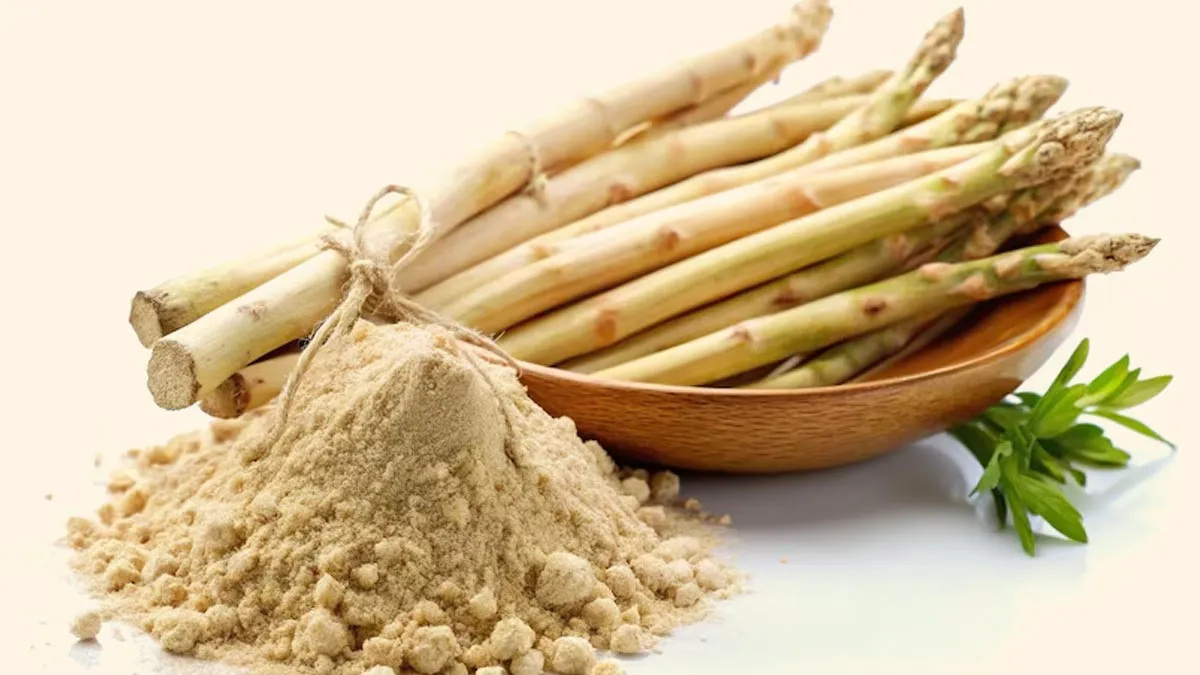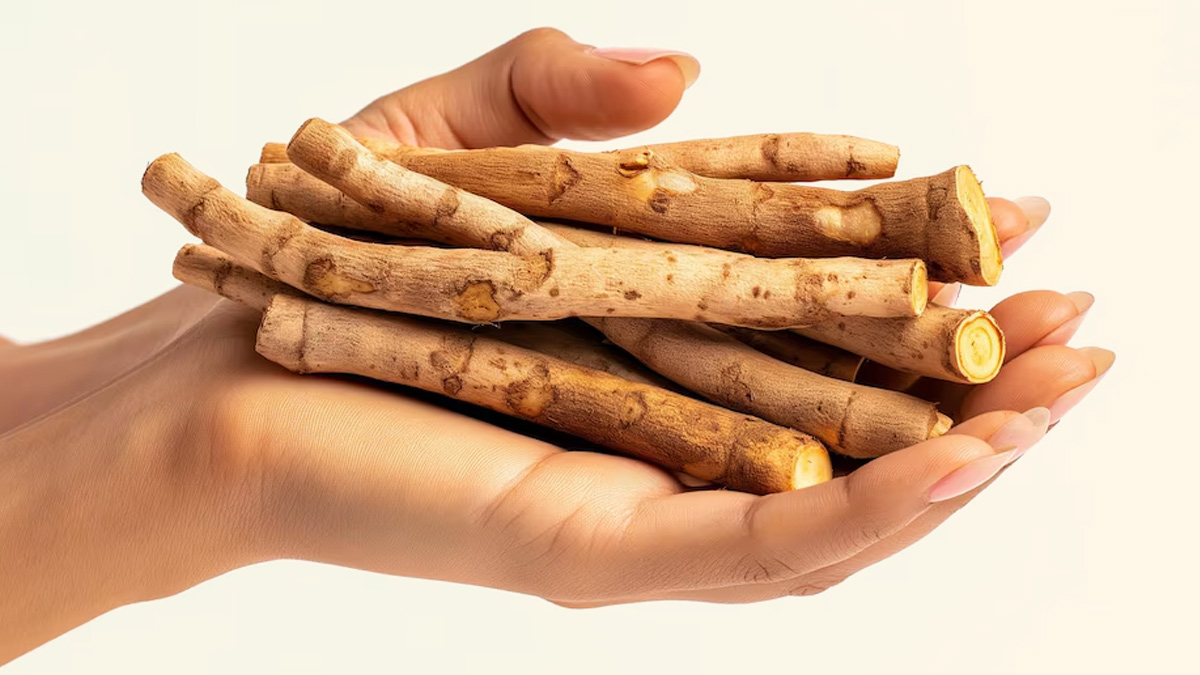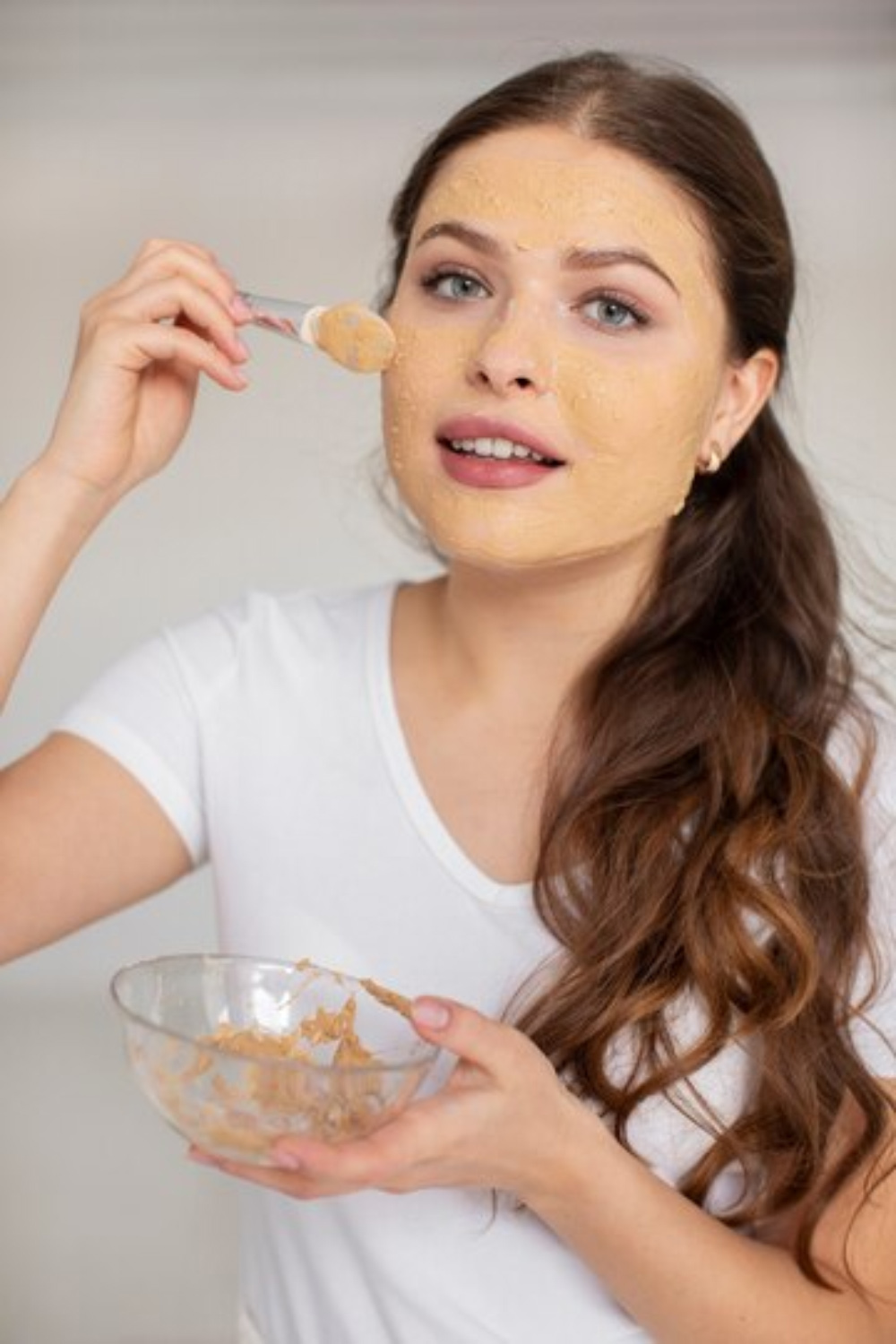
For skincare we all go gaga over costly skincare products emptying our bank balance. While these products are effective and give desired results, the chemicals in it may not react well on your skin leaving side effects. However, sometimes, the best skincare remedy is to go natural as it has the least side effects and better results. One such natural remedy for better and glowing skin is shatavari.
Table of Content:-
Shatavari, scientifically known as Asparagus racemosus, is a revered herb in Ayurvedic medicine, celebrated for its myriad health benefits, particularly concerning women's health. Beyond its traditional uses, Shatavari has garnered attention for its potential advantages in skincare.

Antioxidant Properties and Anti-Ageing Effects
One of the primary reasons Shatavari is beneficial for the skin is its rich antioxidant content. Antioxidants combat free radicals—unstable molecules that can damage skin cells, leading to premature ageing. A study published in 2004 in Phytotherapy Research identified potent antioxidants in Shatavari root, including racemofuran, asparagamine A, and racemosol, which help neutralise free radicals and protect the skin from oxidative stress.
Another research in 2015 highlighted the presence of saponins in Shatavari, which were found to reduce free-radical-induced damage that manifests as wrinkles. The study concluded that these compounds not only prevent collagen breakdown but also support the skin's structural integrity, thereby maintaining its elasticity and reducing the appearance of fine lines.
Anti-Inflammatory Benefits
Inflammation is a common underlying factor in various skin issues, including redness, irritation, and certain chronic conditions like eczema. Shatavari contains racemofuran, a compound with significant anti-inflammatory properties. According to research, racemofuran acts similarly to prescription anti-inflammatory drugs known as COX-2 inhibitors, reducing inflammation without causing serious digestive side effects.
Also read: Shatavari: A Wonder Herb that Increases your Chances of Conception
Enhancing Skin Brightness and Tone

Regular use of Shatavari has been associated with improved skin tone and brightness. Its gentle cleansing properties aid in removing impurities, leading to a clearer and more radiant complexion. Additionally, Shatavari supports the natural shedding of dead skin cells, promoting a fresher and more even skin appearance.
Hydration and Moisturisation
Maintaining adequate skin hydration is crucial for a healthy complexion. Shatavari's natural properties help in retaining moisture, ensuring the skin remains supple and well-hydrated. This is particularly beneficial for individuals with dry or sensitive skin, as Shatavari can provide the necessary nourishment to prevent flakiness and dryness.
Application Methods

Incorporating Shatavari into your skincare routine can be achieved through various methods:
Topical Application: Shatavari powder can be mixed with water, honey, or aloe vera gel to create a paste. Apply this mixture to the face, allowing it to sit for 15–20 minutes before rinsing off. This can be done 2–3 times a week to reap its skin-soothing benefits.
Oral Consumption: Shatavari supplements are available in powder, tablet, and liquid forms. A typical dose of Shatavari tablets is 500 milligrams, up to twice daily. For the powder form, mixing a teaspoon with warm milk or water and consuming it once or twice daily is common. It's essential to consult with a healthcare professional before starting any supplementation to determine the appropriate dosage for your individual needs.
Safety and Considerations
While Shatavari is generally considered safe for long-term use, it's crucial to be aware of potential side effects. Individuals allergic to asparagus should avoid Shatavari, as they belong to the same plant family. Symptoms of an allergic reaction may include rash, rapid heart rate, itchy eyes or skin, difficulty breathing, and dizziness. Additionally, Shatavari may have a diuretic effect and could lower blood sugar levels. Therefore, individuals on diuretic medications or those managing blood sugar levels should exercise caution and consult with a healthcare provider before incorporating Shatavari into their regimen.
Conclusion
Shatavari offers a range of benefits that can enhance skin health, from its antioxidant and anti-inflammatory properties to its ability to maintain hydration and improve skin tone. As with any natural remedy, it's advisable to consult with a healthcare professional before beginning use, ensuring it aligns with your individual health needs and conditions.
Also watch this video
How we keep this article up to date:
We work with experts and keep a close eye on the latest in health and wellness. Whenever there is a new research or helpful information, we update our articles with accurate and useful advice.
Current Version